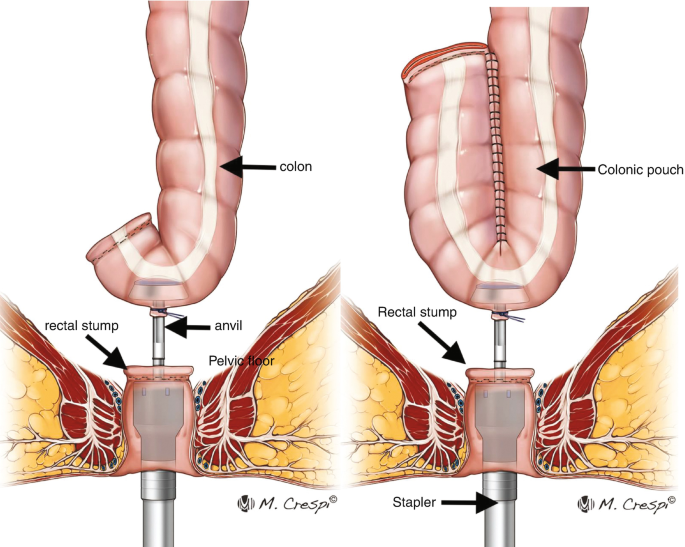Sarcoma is a rare cancer type that forms in the body’s connective tissues, including muscles, bones, nerves, and blood vessels. Limb sarcoma refers specifically to tumors that develop in the arms or legs. Given the complex nature of this cancer, specialized surgery is often essential to achieve the best outcomes.
Continue readingComplex Abdominal Tumor Resection Surgery in India
India has established itself as a global leader in healthcare, particularly in the field of complex abdominal tumor resection surgery. The country offers world-class hospitals, highly skilled surgeons, and cost-effective treatments, attracting patients from around the world seeking the best care possible.
Continue readingMajor Abdominal Tumor Resection Surgery in India
Major abdominal tumor resection surgery involves the removal of cancerous or benign tumors from organs in the abdominal region, such as the liver, pancreas, stomach, or intestines. The procedure aims to remove the tumor and, if necessary, affected surrounding tissues or organs. Surgeons utilize advanced techniques to ensure safe and effective tumor removal while preserving as much healthy tissue as possible.
Continue readingUltra Low Anterior Resection (ULAR) Surgery in India
Ultra Low Anterior Resection (ULAR) surgery is a minimally invasive procedure used to treat rectal cancer. It involves removing the cancerous part of the rectum and nearby lymph nodes and reconnecting the healthy parts of the rectum. This preserves bowel function and improves the patient’s quality of life. ULAR surgery is less painful, results in shorter hospital stays, and allows quicker recovery with minimal scarring.
Continue readingCytoreductive Surgery with HIPEC Treatment in India
Cytoreductive surgery, or debulking surgery, is a procedure aimed at removing as much visible tumor tissue as possible from the abdominal cavity. This is combined with Hyperthermic Intraperitoneal Chemotherapy (HIPEC), which involves administering heated chemotherapy directly into the abdominal cavity to target residual cancer cells. This combination provides a comprehensive approach to eliminate visible tumors and microscopic cancer cells.
Continue readingRadical Cholecystectomy Surgery in India
Advancements in medical technology have enabled the transition to minimally invasive procedures, such as laparoscopic cholecystectomy. This approach, known as radical cholecystectomy, uses a laparoscope to remove the gallbladder through small incisions, resulting in reduced pain, quicker recovery times, and better patient outcomes.
Continue readingLaparoscopic Left Hemicolectomy Surgery in India
Laparoscopic left hemicolectomy is a minimally invasive surgery to remove the left side of the colon, used to treat conditions such as colon cancer, diverticulitis, and inflammatory bowel disease. The use of laparoscopy means shorter recovery times, reduced post-operative pain, and smaller incisions. Several hospitals in India have become leaders in performing this advanced surgical procedure.
Continue readingLiver Resection (Hepatectomy) Surgery in India
India has become a premier destination for medical tourism due to its high-quality healthcare services and affordable prices. Liver resection is a complex surgery requiring skilled surgical teams and advanced technology. Let’s explore why India has become a leader in this field.
Continue readingTotal Colectomy Surgery in India
India has become a key destination for medical tourism, offering high-quality yet affordable healthcare. Total colectomy surgery, which involves removing the entire colon, is often used to treat conditions such as colon cancer, inflammatory bowel disease, and severe gastrointestinal bleeding. Below, we highlight leading hospitals in India known for their expertise in this surgery and the country’s medical landscape.
Continue readingLow Anterior Resection (LAR) Surgery in India
Low Anterior Resection (LAR) is a surgical procedure aimed at removing a section of the lower rectum affected by conditions like rectal cancer or inflammatory bowel disease. The primary objective is to excise the diseased tissue while maintaining the anal sphincter for normal bowel function.
During LAR surgery, the surgeon makes a small incision in the lower abdomen to access the affected rectum. The diseased portion is removed, and the healthy part is connected back to the colon. In some cases, the surgery requires a temporary or permanent colostomy, creating an opening in the abdomen to divert stool into a colostomy bag.
Continue reading









